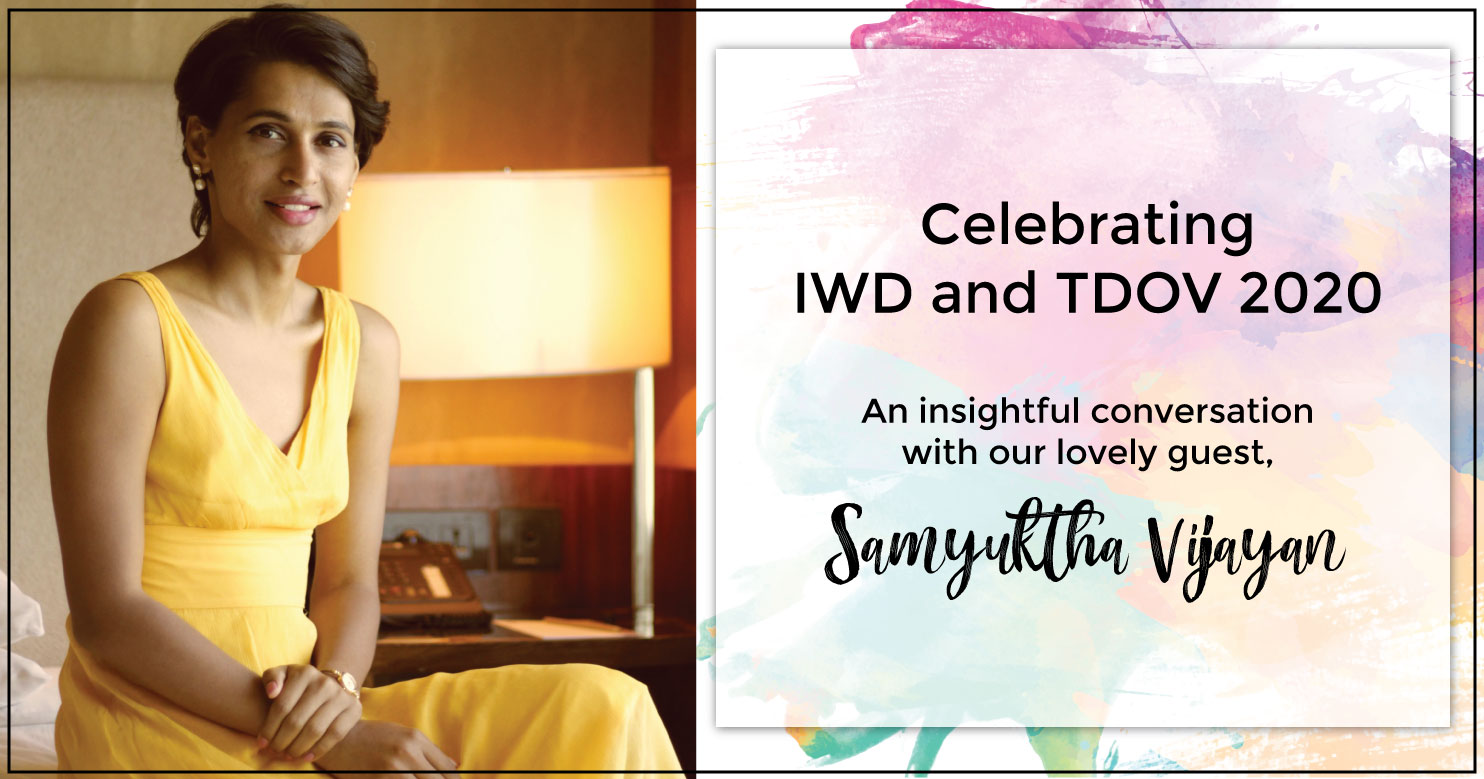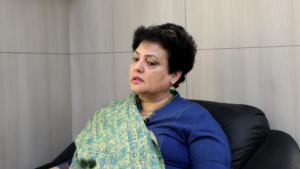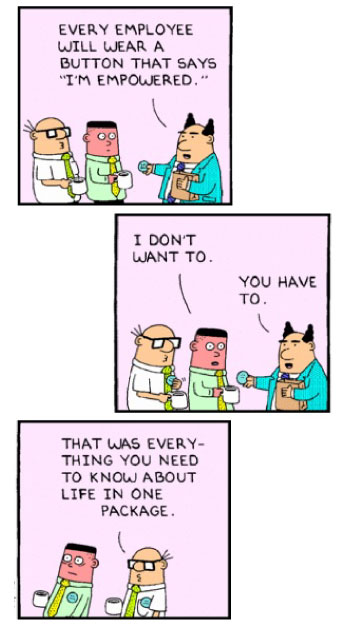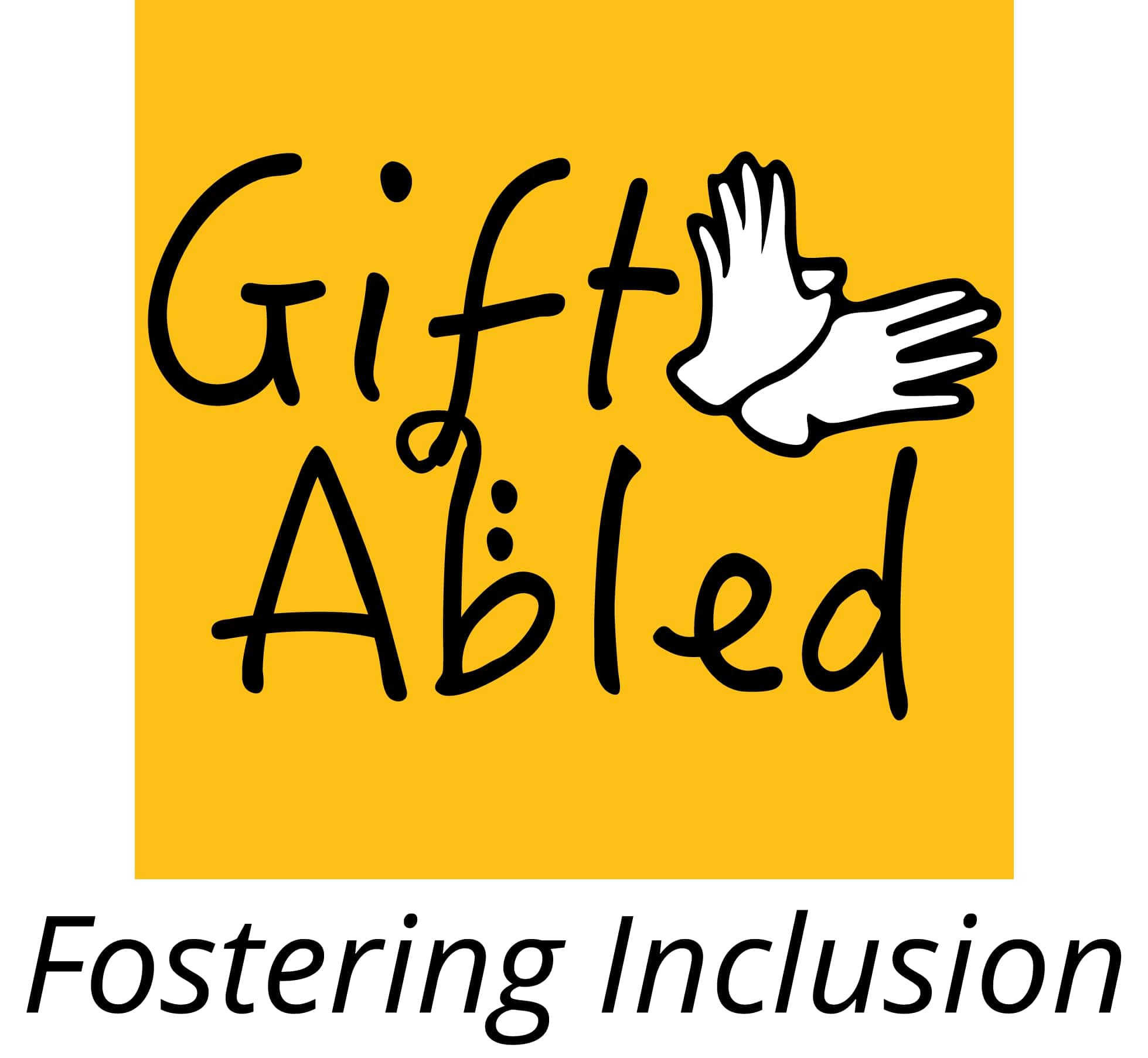

SPOTLIGHT

Celebrating International Women's Day and Transgender Day of Visibility. An insightful conversation with our lovely guest, Samyuktha Vijayan. She is a principal program manager and also Swiggy's first transgender employee.
Click here to read the full conversation
From Our D&I Leaders
Overcoming Unconscious Biases at Work
In this 3-part series we have been discussing unconscious biases at the workplace and its effect…
Read MoreDiversity and Inclusion in 5 short & inspiring stories
The story of a Tech Ninja……
Read MoreIn The News
 Opinion Budget 2020: Govt yet to shed 'charity approach' towards Persons with Disabilities. Read more
Opinion Budget 2020: Govt yet to shed 'charity approach' towards Persons with Disabilities. Read more
 A Third of Poland Declared 'LGBT-Free Zone'. Read More
A Third of Poland Declared 'LGBT-Free Zone'. Read More
 Jugaad of Inclusion: Why quota for women board directors is failing to bring about real change. Read More
Jugaad of Inclusion: Why quota for women board directors is failing to bring about real change. Read More
 Shubh Mangal Zyada Saavdhan– a game-changer for LGBTQ community. Read More
Shubh Mangal Zyada Saavdhan– a game-changer for LGBTQ community. Read More
 NCW Writes To Kejriwal Appealing For Inclusion of Women In Cabinet. Read More
NCW Writes To Kejriwal Appealing For Inclusion of Women In Cabinet. Read More
 5 Ways To Think About The Complicated Relationship Between Disability And Work.
5 Ways To Think About The Complicated Relationship Between Disability And Work.
Read More
 Not so white, male and straight: the video games industry is changing. Read More
Not so white, male and straight: the video games industry is changing. Read More
D&I Room

TETE – A – TETE
THE INCLUSION TIMES EMPLOYEE OF THE MONTH


Madhan Krishna is an enthusiastic individual with Muscular Atrophy and uses a wheelchair We had a few questions for him, and this is what he had to say. The aim of this section is to know a little more of each-other in the community.
So, hello to our Employee of the Month – Madhan Krishna
The aim of this section is to know a little more of each-other in the community. *If you are an employee with disability and would want to share a few words about yourself with our readers, please write to us at shashwati.p@giftabled.org
Hi Madhan. Are you from Bangalore?
No, I am not from Bangalore. I am from Chittoor, Andhra Pradesh
What do you like about Bangalore?
I like people in Bangalore
What is it that you do not like about Bangalore?
Traffic.
Talking about work, what do you do here in Bngalore?
I work in GiftAbled - digital marketing.
Great, do you like your job? What is it that you like about it the most?
Yes. I Love my job. I enjoy digital marketing - especially when it can be used to create an impact in the society whether its through selling products to create a livelihood for Persons with Disability or through grants to make the society more inclusive.
What is it about the company that you like or dislike?
I like my company as a whole.
How has your company and your manager s helped you in your professional growth?
My professional growth in my company going smoothly. My manager and the founders of the Organization encourage me a lot. They also take good care of my emotional being. Especially my manager Krishna Kumar. I have flexible working hours and a resting period between continuous working hours.
When, you are not working, how do you spend your time doing?
I do yoga , want to spend more time on it.
How do you see yourself in the future ? Goals , aspirations?
I aspire to be a good human being. My goal is to become a business developer.
D&I Lolz

]
GAMES
Quiz
Q1) What do you think, what % of men were told “real man should behave a certain way” ?
A) 80-95%
B) 36-45%
C) 60 - 70%
Q2) In how many countries can husbands legally prevent their wives from working?
A) 4
B) 7
C) 18
Q3) What percentage of women hold senior and middle-management positions?
A) Around 22%
B) Less than 33%
C) More than 55%
Q4) How many women married or in a union freely make their own decisions about sexual relations, contraceptive use and health care in the world?
A) 27%
B) 52%
C) 87%
Inclusion Reels
- All Categories
- Filter 1

In Pakistan, A little girl with disability and her skiing skills

Rules for transgender athletes fair? - Olympics 2020

Gender Equality Explained By Children

FIFTEEN - Award Winning LGBTQ+ Short Film
Answer:
Ans-1. The survey found that between 60 - 70 % of men surveyed across the UK, America and Mexico report being told that a “real man should behave a certain way” at some point in their lives.
Ans-2. The correct answer is C. In 18 countries husbands can legally prevent their wives from working and in 39 countries daughters and sons do not have equal inheritance rights. Despite the contributions to family and society, women still do not have equal access to rights, services and opportunities i.e. equal pay and decent work, property and inheritance rights, access and control of land including financial services and credit. This limits the choices women have to increase economic independence and restricts their rights..
Ans-3. The correct answer is B. Women are still underrepresented in managerial positions. In the majority of the 67 countries with data from 2009 to 2015, fewer than a third of senior- and middle-management positions were held by women. Studies have shown that companies and governments perform better when they have greater participation from women. For example, women’s participation in peace processes increased the likelihood of a peace agreement lasting at least two years by 20%, and the probability of the agreement lasting 15 years by 35%.
Ans-4. The correct answer is B. Only 52% of women married or in a union freely make their own decisions about sexual relations, contraceptive use and health care. Sexual and reproductive rights are critical in their own right. Shortfalls in these multiply other forms of discrimination, depriving women of education, decent work, and economic independence. Additionally, the growing use of contraceptive methods has resulted in not only improvements in health-related outcomes such as reduced maternal mortality and infant mortality, but also improvements in schooling and economic outcomes, especially for girls and women.
